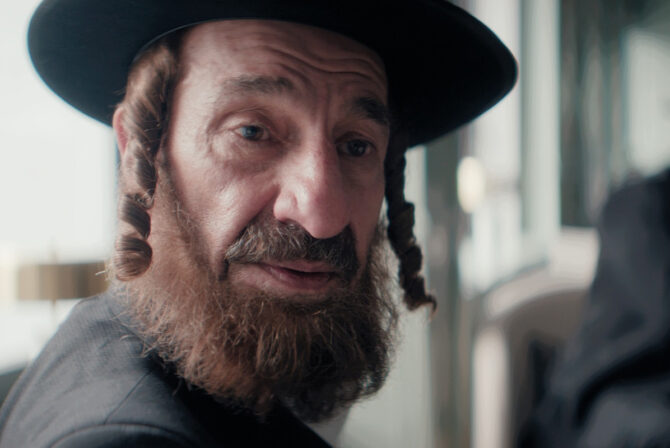“Are you sure this isn’t too scary for him?”
I clutch our 16-month-old son, seated on my husband’s lap beside me, and draw one hand up toward his forehead, lingering just above his eyes.
“Don’t worry about covering his eyes–they say this ride is for all ages,” my husband whispers, “even if it is called the Haunted Mansion.”
As the ride lurches us forward into a dark, cavernous room, I try to remind myself that he doesn’t understand enough to be scared of this. He is too young to “get it.” Right?
I forget, if only for an instant, that I had been repeating this same quip every day for one month and 27 days: “Thank God he is too young to understand, or remember, any of this.”
It has been one month and 27 days since I dropped my son off at daycare and reassured my husband that of course it was fine if he went to his big meeting and skipped just.this.one doctor’s visit of all the dozens he had been to with me in the last two years.
One month and 27 days since I sat in my surgeon’s office expecting to be told my life would finally be “normal” again, because I faced my fears and had surgery to remove my overactive thyroid, which had made my pregnancy high risk and caused us so much stress. One month and 27 days since they told me–a 31-year-old, active mommy of a toddler–that I have cancer.
“Thyroid cancer is the best kind of cancer you can have!” the nurse said, completely serious, the irony of the statement lost on her. My mouth would have dropped to the floor had it not already been there from the initial shock of hearing the “C” word. I called my husband while waiting for the surgeon to come in and sat patiently, numbly, while the surgeon spoke. My husband’s car pulled up to the hospital right as I was exiting the building. I opened the passenger door, sat down, silently, and crumbled.
The month and a half that followed was a barrage of doctor visits and bad news:
“You have an aggressive variant of thyroid cancer.”
“Although your thyroid was removed, some tissue remains that could be cancerous.”
“The cancer has already spread to your lymph nodes.”
“The treatment requires that you stop breastfeeding immediately.”
“Twelve weeks after you finish breastfeeding, you have to swallow radioactive iodine
pills to kill your cancer cells.”
“The treatment will make you radioactive, so you have to be separated from adults for at least a week…”
“…and separated from your son for at least one to two weeks.”
So, we did what any family given this kind of news would do. We cried. A lot. We did research. We leaned on our family and friends. We prayed. We got support for weaning, with which I am still struggling. We fought through tears to laugh as our son opened his Hanukkah gifts or showed us the most ridiculously adorable new dance moves he had devised. And then we bought a new car, packed it up, and drove, over 20 hours, to Disneyworld.
Now, as we creep deeper into the darkness, scary music begins to play, and I can just begin to see that we are about to approach a haunting scene–ghost, ghouls, the works. Just then, I hear a familiar voice quietly singing one of the countless silly songs we had made up for our son. And I feel my husband’s broad, steady hand gently brush mine, swooping in just in time to cover our son’s eyes from the whirling skeletons just ahead of us.
And I remember what my mom always says when life seems too scary to handle: “This, too, shall pass.” And I remember that despite what we have been through and despite the ghosts and ghouls that lie ahead, I am so tremendously blessed–blessed to have found my soulmate and to have created our perfect little boy; blessed to have supportive, wonderful family and friends; blessed to have caught this evil disease early enough to do something about it, and blessed that my quip is not a question but a rhetorical statement: Yes, he is too young to understand this. This, too, shall pass.
Like this post? Get the best of Kveller delivered straight to your inbox.
Photo via Flickr/andy castro







